Lightweight Marine Aluminum Pipe Elbow for Boat Plumbing
A lightweight marine aluminum pipe elbow designed specifically for boat plumbing combines corrosion resistance, low weight, and structural integrity to meet the demanding conditions of marine environments.
Marine plumbing systems require fittings that resist saltwater corrosion, minimize weight, and maintain dimensional stability under thermal and mechanical stresses. Aluminum pipe elbows for marine use are typically manufactured from marine-grade aluminum alloys (commonly 5083, 6061, or 6063 variants) and produced by casting, forging, or extrusion followed by bending. They are available in common elbow angles (45°, 90°, 120°) and offered in sizes to match standard plumbing pipe diameters.
benefits:
- Excellent resistance to seawater corrosion
- Low density — reduces overall vessel weight
- Good mechanical strength for handling service pressures and loads
- Ease of fabrication and joining (welding, brazing, mechanical joining)
- Non-magnetic (important for some navigation and sensor systems)
Typical Materials and Chemical Composition
Below are representative chemical composition ranges for the common marine-grade aluminum alloys used to manufacture marine pipe elbows. Specific fittings may use one alloy or a proprietary blend; always confirm with the supplier for exact composition.
Alloy: 5083 (mass %)
| Element | Si | Fe | Cu | Mn | Mg | Cr | Zn | Ti | Al |
|---|---|---|---|---|---|---|---|---|---|
| Range | 0.40 | 0.40 | 0.10 | 0.40–1.0 | 4.0–4.9 | 0.05–0.25 | 0.25 | 0.15 | Balance |
Alloy: 6061 (mass %)
| Element | Si | Fe | Cu | Mn | Mg | Cr | Zn | Ti | Al |
|---|---|---|---|---|---|---|---|---|---|
| Range | 0.4–0.8 | 0.7 | 0.15–0.4 | 0.15 | 0.8–1.2 | 0.04–0.35 | 0.25 | 0.15 | Balance |
Alloy: 6063 (mass %)
| Element | Si | Fe | Cu | Mn | Mg | Cr | Zn | Ti | Al |
|---|---|---|---|---|---|---|---|---|---|
| Range | 0.2–0.6 | 0.35 | 0.10 | 0.10 | 0.45–0.9 | 0.10 | 0.10 | 0.10 | Balance |
Note:
- 5083 is often chosen for best corrosion resistance and strength in saltwater.
- 6061 is used where higher heat-treatable strength and good weldability are required.
- 6063 is common for extruded shapes and good surface finish.
Mechanical and Physical Properties (Typical)
The following table summarizes typical mechanical and physical properties for these alloys in commonly used tempers. Actual properties depend on alloy, temper, fabrication method, and heat treatment.
| Property | 5083-O (annealed) | 6061-T6 | 6063-T6 |
|---|---|---|---|
| Density (g/cm³) | 2.66 | 2.70 | 2.70 |
| Yield Strength (0.2% PS, MPa) | 145–215 | 240 | 150–200 |
| Tensile Strength (MPa) | 275–350 | 290–310 | 200–260 |
| Elongation (%) | 12–25 | 10–12 | 8–12 |
| Hardness (Brinell HB) | 50–80 | 95–115 | 70–90 |
| Thermal Conductivity (W/m·K) | ~120 | ~151 | ~200* |
| Coefficient of Thermal Expansion | 23.5 µm/m·K | 23.6 µm/m·K | 23.9 µm/m·K |
| Corrosion Resistance | Excellent | Very Good | Very Good |
*Thermal conductivity values are approximate and alloy/temper dependent.
Technical Specifications for Marine Pipe Elbows
Below is a representative specification set for a line of marine aluminum pipe elbows. Exact dimensions and ratings vary by manufacturer.
| Parameter | Typical Value / Range |
|---|---|
| Material | Al-alloy 5083, 6061, or 6063 |
| Manufacturing method | Extruded & bent, forged, or cast |
| Elbow angles | 45°, 90°, 120° (custom angles available) |
| Nominal pipe sizes | 1/2" to 8" (DN15 to DN200) or custom |
| Wall thickness | SCH 10, SCH 40, custom thickened sections |
| Joining methods | Welding (GTAW/TIG, MIG), brazing, mechanical flanges, compression fittings |
| Operating pressure rating | Up to 16 bar typical (dependent on size & wall) |
| Temperature range | -50°C to +120°C continuous; short-term higher with alloy-dependent limits |
| Surface finish | Mill, anodized, passivated, or coated |
| Corrosion protection | Alclad, anodizing, painting, or sacrificial anodes (for submerged fittings) |
| Weight reduction vs. stainless | ~50–70% lighter (material dependent) |
| Approvals/Standards | ASTM B241/221/241 equivalents; marine class approvals upon request |
Dimensional Examples
Example dimensions for a 90° elbow (extruded and welded) in common nominal sizes:
| Nominal Size (in) | DN | Center-to-End (mm) | Outside Diameter (mm) | Wall Thickness (mm) |
|---|---|---|---|---|
| 1/2" | 15 | 38 | 21.3 | 2.0 |
| 1" | 25 | 51 | 33.7 | 2.6 |
| 2" | 50 | 76 | 60.3 | 3.6 |
| 4" | 100 | 127 | 114.3 | 4.5 |
| 6" | 150 | 190 | 168.3 | 6.3 |
(These are typical generic dimensions. Use actual manufacturer tables for precise spools and fittings.)
Corrosion Performance and Marine Considerations
- Aluminum forms a thin, adherent oxide layer (Al2O3) that provides primary corrosion resistance. In seawater, certain alloys (5083) show superior resistance to pitting and stress-corrosion cracking.
- Avoid galvanic corrosion: aluminum in contact with dissimilar metals (copper, stainless steel, steel) in a conductive seawater environment can suffer galvanic attack. Use dielectric isolators, compatible fasteners, or sacrificial anodes as appropriate.
- Anodizing and protective coatings improve aesthetics and additional resistance; for submerged fittings, periodic inspection and maintenance are recommended.
- Welding considerations: heat input, filler selection (e.g., ER5356 for 5083, ER4043/ER5356 for 6000-series), and post-weld treatments affect corrosion and strength. Qualified marine welding procedures are recommended.
Mechanical Performance in Service
- Strength: 6061-T6 offers higher strength for pressurized systems; 5083 offers a better combination of strength and corrosion resistance for hull-adjacent plumbing.
- Impact resistance: aluminum alloys maintain good toughness at low temperatures but check alloy temper and service temperature limits.
- Fatigue: smooth transitions and controlled bending radii in elbows reduce local stresses. Avoid stress concentrations during fabrication.
Typical Applications
- Freshwater and seawater intakes and through-hull plumbing
- Greywater and blackwater piping systems (onboard tanks and transfer lines)
- Cooling water circuits for engines, heat exchangers, and condensers
- Bilge systems and sumps
- Deck wash systems and washdown fittings
- Fuel return lines (verify alloy and compatibility with fuels and additives)
- HVAC condensate and ventilation duct connections (non-pressurized)
- Lightweight structural piping where non-magnetic or low-weight fittings are advantageous
Installation and Joining Recommendations
- Use appropriate marine-grade gaskets and seals compatible with aluminum and the conveyed fluid.
- For welded joints, ensure qualified welders and correct filler metal selection. Pre- and post-weld cleaning and, where required, mechanical finishing reduce corrosion risk.
- Protect threads and machined surfaces from corrosion; consider anodizing or plating for exposed threads.
- Use compatible fasteners (aluminum or titanium) or isolated stainless steel with dielectric barriers to minimize galvanic corrosion.
- Inspect and pressure-test plumbing systems after installation per marine standards.
Ordering Information and Options
Common order options to specify:
- Alloy (5083 / 6061 / 6063)
- Temper / Heat treatment
- Elbow angle and size (nominal diameter)
- Wall thickness or schedule
- End preparation (butt-weld, socket-weld, flanged, threaded, plain)
- Surface finish (mill, anodized, painted)
- Certification requirements (material test reports, marine class approval)
- Quantity and lead time; custom radii or integrated fittings available on request
Quality, Inspection, and Certification
Manufacturers may offer:
- Material test certificates (MTC) per EN 10204/ASTM equivalents
- Dimensional inspection and PMI (positive material identification)
- Pressure testing (hydrostatic)
- Non-destructive testing (Dye penetrant, ultrasonic for cast/forged parts)
- Class society approvals (ABS, Lloyd’s Register, DNV-GL) upon request
Lightweight marine aluminum pipe elbows offer an excellent balance of corrosion resistance, low weight, and mechanical performance for boat plumbing systems. Choosing the right alloy (commonly 5083, 6061, or 6063), proper joining method, and suitable protective measures against galvanic corrosion ensures long life and reliable operation. For critical systems, request detailed material certificates, welding qualifications, and class approvals.
For exact product dimensions, pressure ratings, and certification data tailored to your vessel or project, provide the required nominal size, operating pressure, fluid type, and environmental exposure, and we can recommend a specific elbow model and supply options.
Related Products
Custom marine aluminum profile tubes
Custom Marine Grade Aluminum Profile Tubes are manufactured from premium marine aluminum alloys such as 5083, 5052, 6061, and 6082.
View DetailsMarine aluminum rectangular tubes
Marine Grade Aluminum Rectangular Tubes are made from high-performance alloys such as 5083, 5052, 6061, and 6082. These alloys are renowned for their ability to resist corrosive seawater and marine atmospheres while providing excellent mechanical strength and toughness.
View DetailsMarine aluminum round tubes
Marine Grade Aluminum Round Tubes are manufactured from premium marine alloys such as 5083, 5052, 6061, and 6082, all selected for their proven resistance to seawater corrosion and marine atmosphere degradation.
View Details6061-T6 90-Degree Marine Aluminum Pipe Elbow
Manufactured from premium 6061-T6 marine-grade aluminum alloy, this elbow fitting is engineered to provide reliable and efficient pipe direction changes within shipbuilding, offshore platforms, and marine infrastructure systems.
View DetailsMarine aluminum square tubes
Marine Grade Aluminum Square Tubes are typically constructed from marine-grade alloys such as 5083, 5052, 6061, and 6082—well-known for their ability to withstand the aggressive effects of saltwater and marine atmospheres.
View DetailsRelated Blog
6061 Marine Aluminum Square Tubes for Yacht Construction
In the realm of yacht construction, materials play a pivotal role in defining vessel performance, durability, and aesthetics.
View DetailsHeavy Duty Aluminum Elbow for Marine Piping Systems
In marine environments, robustness and reliability of piping systems are non-negotiable. The Heavy Duty Aluminum Elbow ($90^{\circ}, 45^{\circ}$ angles or customized) emerges as a critical junction component in marine piping installations.
View DetailsCorrosion Resistant Aluminum Pipe Elbow for Offshore Platforms
In the challenging conditions of offshore platforms, where exposure to harsh saline water, high pressure, and fluctuating temperatures is constant, choosing the right piping components can make or break operational efficiency.
View DetailsCustomized Marine Aluminum Pipe Elbow for Marine Applications
Our high-performance Customized Marine Aluminum Pipe Elbows designed for demanding marine applications. Superior corrosion resistance, precision manufacturing, and compliance with marine standards ensure durability and optimal functionality in seawater en
View DetailsMarine Aluminum Elbow for Fuel System Installations
When it comes to designing and installing fuel systems in marine environments, using the right materials is paramount. Among these materials, Marine Aluminum Elbows is know due to their remarkable properties and advantages.
View Details5083 Marine Aluminum Tubes for Saltwater Environment Durability
When it comes to marine applications, durability, corrosion resistance, and mechanical performance are paramount for structural materials. Among the various aluminum alloys available, 5083 aluminum alloy stands out as a premium choice.
View Details

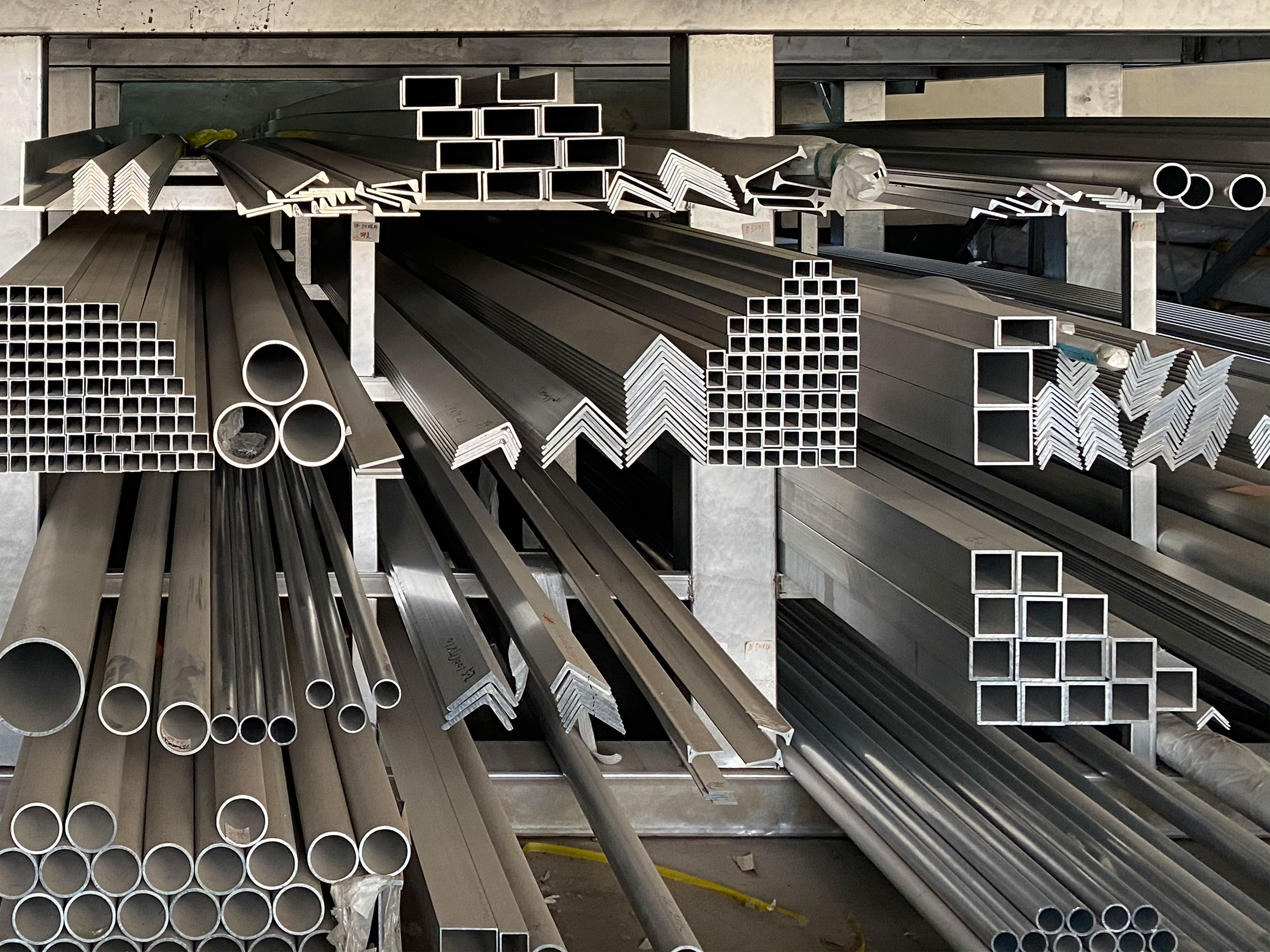
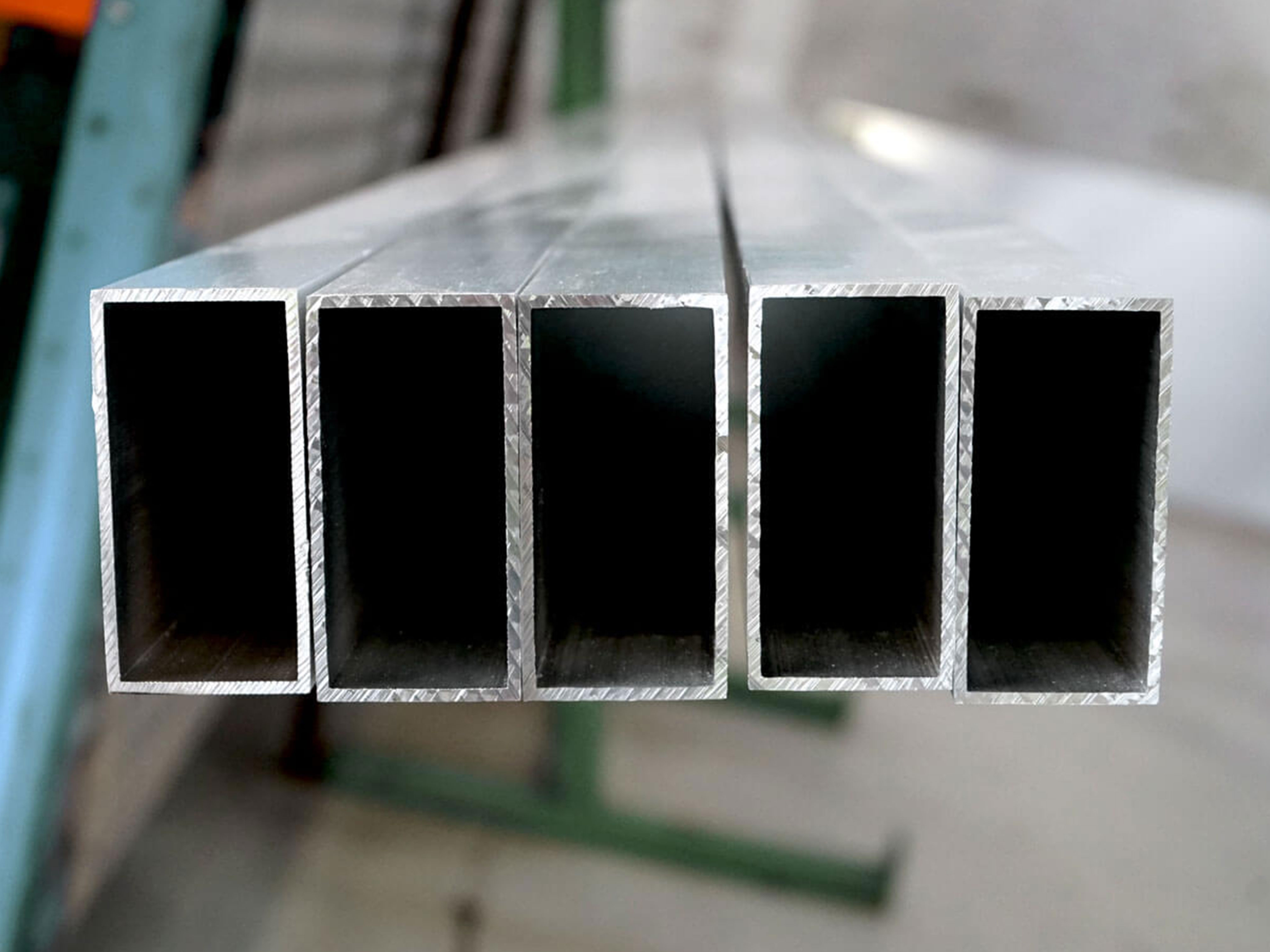
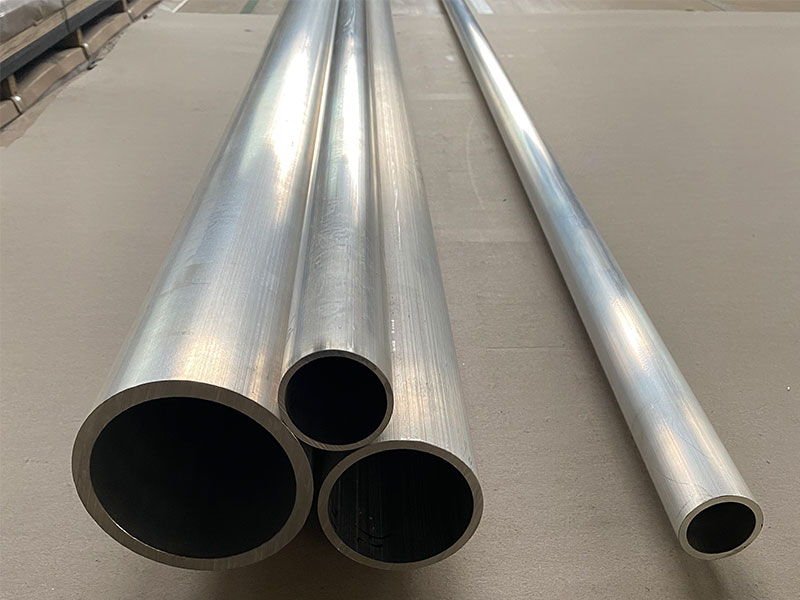
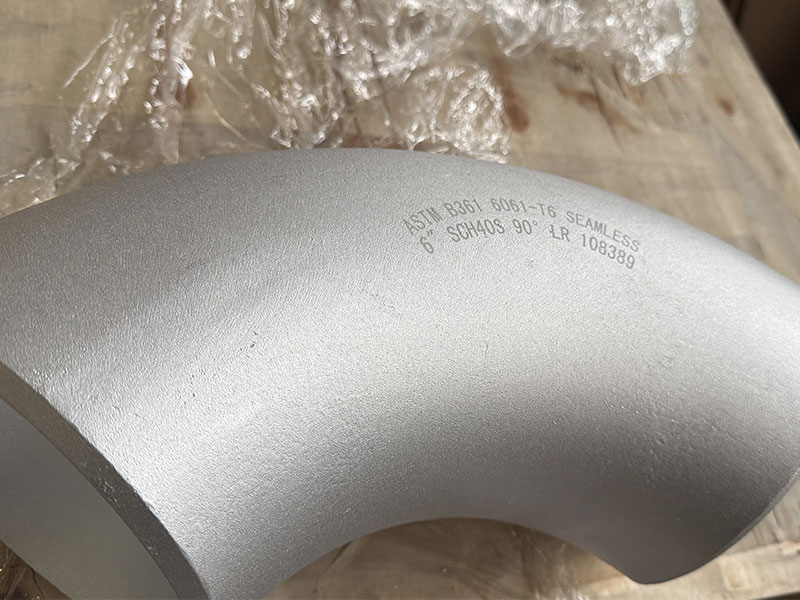
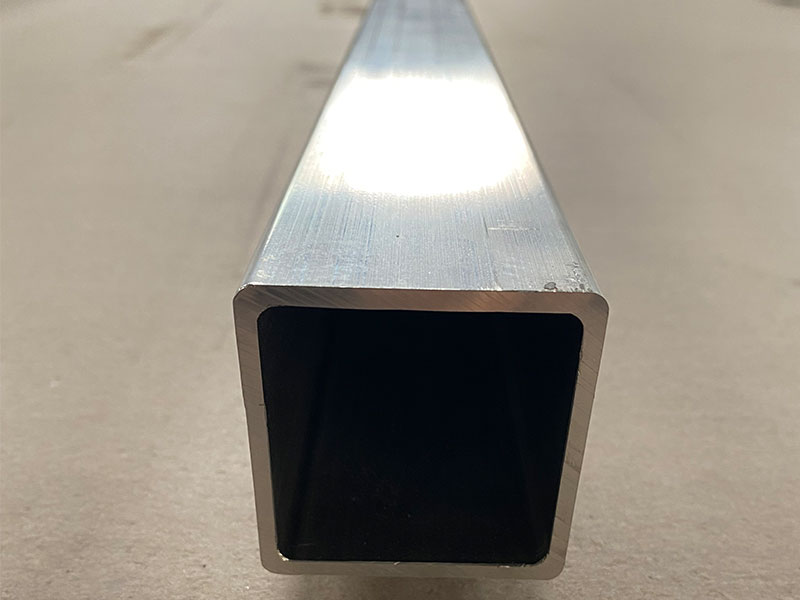





Leave a Message